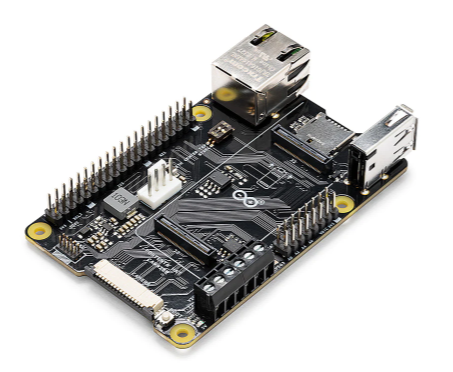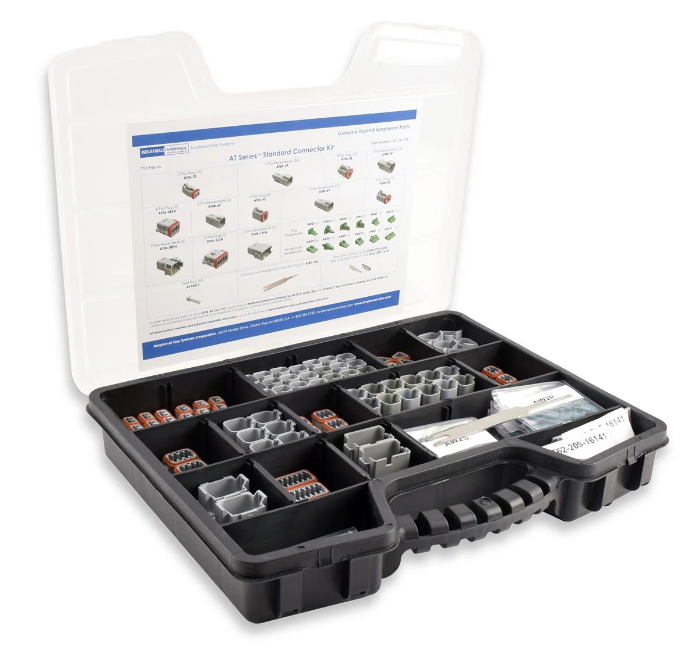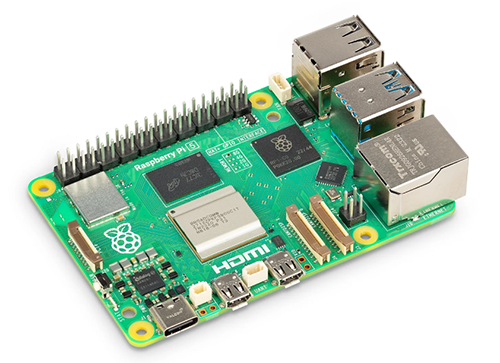ABB Robotics unveils world’s first robot-painted art car
ABB Robotics has collaborated with two world-renowned artists, eight year old Indian child prodigy Advait Kolarkar, and Dubai-based digital design collective Illusorr, to create the world’s first robot-painted art car. ABB’s award-winning PixelPaint technology has, without human intervention, perfectly recreated Advait’s swirling, monochromatic design as well as Illusorr’s tri-colour geometrical patterns.
Equipped with 1,000 nozzles in the printer head, ABB’s IRB 5500 paint robots were able to complete the highly complex artworks in less than 30 minutes. The PixelPaint technology demonstrates unprecedented precision and speed, capturing intricate, elaborate detail that would be impossible to achieve by hand. A film highlighting this world-first achievement can be watched on YouTube.
Sami Atiya, President of ABB’s Robotics & Discrete Automation business area, commented: “ABB’s PixelPaint technology is more than an evolution – it is a revolution. It’s a shining example of how robotic automation and our RobotStudio software can not only pave the way for more sustainable manufacturing but can also perfectly replicate delicate pieces of art that celebrate the originality and beauty of the human spirit. At a time when consumers want more customized products, PixelPaint is a game changer and allows any design to be replicated in a manner that is both sustainable and affordable.”
ABB’s ground-breaking PixelPaint technology reimagines the paint application process and reflects the growing demand for sustainable personalisation in the automotive industry, particularly in exterior paint. Multi-coloured car painting has traditionally been a laborious and costly process involving multiple stages of masking and unmasking, but ABB’s technology allows for a detailed, colorful, and exact replication of any design.
Carefully controlled, the paint can be quickly applied in a single application. This breakthrough in the automation of the paint process opens the door to specialised and personalised designs to the automotive market.
As ifluential automotive designer, Ian Callum, responsible for the design of the Aston Martin Vanquish and more recently the ground-breaking Jaguar I-Pace explains: “There’s something very special about a car. People get emotionally attached to them and the importance of personalisation is becoming stronger and stronger. In fact, I’m working with customers who actually want the whole car designed in a bespoke way. So this paint offering – with all sorts of new levels of individual design for a motor car – is incredible.”
PixelPaint technology also enhances manufacturing sustainability, removing the need for masking materials and extra ventilation, which lowers emissions while saving water and energy. Coordinated by the firm’s RobotStudio software, the paint head tracks very closely to the vehicle body to ensure 100 percent of the paint is applied to the car with no airborne misting. Different paint colors are applied quickly, with the product only running through the paint shop once. For car manufacturers, this can halve the production time and reduce costs by up to 60 percent.
To create the art car, ABB refurbished a Volkswagen SUV that was damaged in the catastrophic floods in Germany in the summer of 2021. Its recycling confirms ABB’s commitment to sustainability wherever possible.
A transformation in automotive manufacturing
ABB is at the forefront of the development of smart manufacturing principles and technology to support the global automotive industry, as it undergoes one of the most significant periods of transformation in recent history. The transition will lead to the utilisation of more robots in combination with other technologies, including autonomous mobile robots, or AMRs. This will enable ABB’s automotive customers to optimise the delivery of components across their facilities and connect integrated, scalable, modular production cells, such as PixelPaint, ensuring the necessary flexibility to meet varying levels of demand.
Sami Atiya adds: “We are in the midst of a significant decade in the history of the automotive industry and the start of a new era. Automakers need to consider new ways of working towards the transition to electric vehicles. We are working to support the industry in this transition and I’m confident that with flexible automation, sustainable transportation will fast become reality.”









